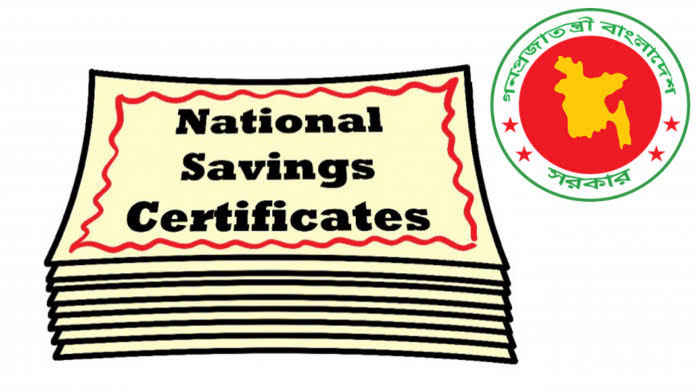Shamiur Rahman Lipu
Published:2020-09-08 16:52:22 BdST
Sales of govt savings tools nosedive in July
After a sudden increase in June, net sales of the state-owned savings instruments dropped drastically in July, the first month of the current fiscal year (FY), 2020-21, according to official data.
The Department of National Savings (DNS) data showed that net sales of the government-run savings tools came down to Tk 37.05 billion in this July, compared to Tk 93.23 billion in the previous month (June 2020).
However, the government's net borrowing from the savings tools increased by 67.47 percent in July of FY 21, compared to that of the corresponding period of last fiscal, the DNS figures revealed on Monday.
Officials said it is a normal trend that every year sales of the savings instruments, especially savings certificates, increase significantly in June. Private sector service-holders purchase savings certificates to enjoy tax rebate.
They also said the savers are gradually adapting themselves with the new mandatory rules of purchasing savings certificates, such as - providing National Identification Number (NID) and income tax certificate, and depositing money through bank cheque.
So, the sales volume increased in July of FY 21 than that of the corresponding period of pervious fiscal.
The statistics showed that net sales of the savings schemes amounted to Tk 22.12 billion in July of FY 20.
When asked, a senior official at the DNS said there is an impact of the Covid-19 pandemic on overall investment in the government's savings instruments. The savers are hardly reinvesting their money in savings tools currently.
The number of reinvestment in the sector declined since the government fixed maximum ceiling of investment in the savings certificates, he added.
Except institutional investors, a saver can now buy savings certificates worth maximum Tk 5.0 million.
Meanwhile, the DNS launched online database system in February last year, and the system was implemented across the country in July last year.
Since many of the savers were not familiar with the online process, and had no electronic Tax Identification Number (e-TIN), they could not purchase such tools.
So, sales of the savings certificates continued to decline since February, officials said.
The target of the government's net borrowing from the savings instruments is Tk 200.00 billion for FY 2020-21.
The DNS sells four types of savings certificates, and their yield rates are up to 11.76 percent. It also sells different types of bonds to local and expatriate Bangladeshis.
Currently, around 20 million investors are involved in this segment.
Unauthorized use or reproduction of The Finance Today content for commercial purposes is strictly prohibited.


